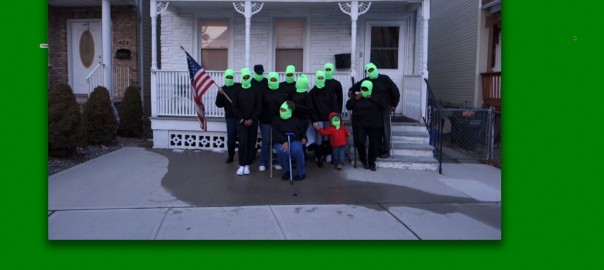IAS Junior Research Fellows Dr Dhanveer Singh Brar and Dr Alicia Spencer-Hall are researching this theme.
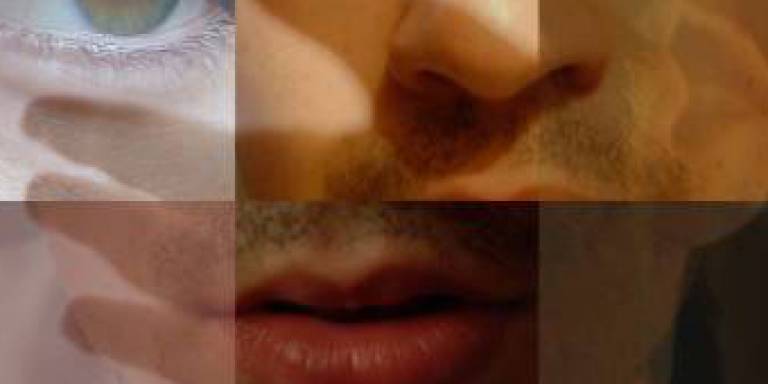
This theme is open to the widest possible interpretation and is assumed to address the concerns of many disciplines and departments while providing a frame for thinking across or even bypassing entrenched or established modes of thinking. It could include the following concerns:
- Histories/archaeologies of the senses
- Sensation and affect: visuality and beyond
- The notion of the five senses and its histories
- Thinking through feeling, feeling through thinking
- The senses and aesthetics
- Sense and sensuality
- The intelligence of the senses
- Hierarchies of the senses and their critiques
- Phenomenology, bodily experience and the senses
- The gendering/queering of the senses, sexual/sensory difference
- Pedagogy and the education of the senses, aesthetic education as a model for imagining radically different sensory worlds
- Sensate/sensory knowledge in the age of digital technologies
- Cultures of corporeality - comparative sensory worlds and the translatability between them
Past Events
'Why is my pain perpetual?' (Jer 15:18): Chronic Pain in the Middle Ages
Pain is a universal human experience. We have all hurt at some point, felt that inescapable sensory challenge to our physical equanimity, our health and well-being compromised. Typically, our agonies are fleeting. For some, however, suffering becomes an artefact of everyday living: our pain becomes 'chronic'. Chronic pain is persistent, usually lasting for three months or more, does not respond well to analgesia, and does not improve after the usual healing period of any injury.
Following Elaine Scarry's (1985) seminal work The Body in Pain, researchers from various humanities disciplines have productively studied pain as a physical phenomenon with wide-ranging emotional and socio-cultural effects. Medievalists have also analysed acute pain, elucidating a specifically medieval construction of physical distress. In almost all such scholarship - modern and medieval - chronic pain has been overlooked.
The new field of medieval disability studies has also neglected chronic pain as a primary object of study. Instead, disability scholars in the main focus on 'visible' and 'mainstream' disabilities, such as blindness, paralysis, and birth defects. Indeed, disability historian Beth Linker argued in 2013 that '[m]ore historical attention should be paid to the unhealthy disabled', including those in chronic pain ('On the Borderland', 526). This conference seeks specifically to pay 'historical attention' to chronic pain in the medieval era. It brings together researchers from across disciplines working on chronic pain, functioning as a collaborative space for medievalists to enter into much-needed conversations on this highly overlooked area of scholarship.
![]() Read the transcript of the conference
Read the transcript of the conference
Relevant topics for this conference include:
-Medieval conceptions and theories of chronic pain, as witnessed by scientific, medical, and theological works
-Paradigms of chronic pain developed in modern scholarship - and what medievalists can learn from, and contribute to, them -Comparative analyses of chronic pain in religious versus secular narratives -Recognition or rejection of chronic pain as an affirmative subjective identity -Chronic pain and/as disability -The potential share-ability of pain in medieval narratives, such as texts which show an individual taking on the pain of another -The relationship between affect and the severity, understanding, and experience of pain -The manner in which gender impacts the experience, expression, and management of an individual's chronic pain
Keynote address:
-Prof Esther Cohen (Hebrew University of Jerusalem), one of the foremost scholars on pain in the Middle Ages, will deliver the keynote address: 'What is Chronic Pain in a Non-Neural Age? Working Definitions, Sources, and Methodologies'.
Confirmed speakers:
-Dr Katherine Harvey (Birkbeck, University of London, UK), 'Chronic Pain and the Saintly Bishop in Medieval England'
-Dr James McKinstry (Durham University, UK), 'Headaches, Diseases, and Old Age: William Dunbar's Diagnosis of Chronic Pain'
-Dr Michele Moatt (National Trust and Lancaster University, UK), 'Chronic Pain and Prophecy in the Twelfth-century Life of Aelred of Rievaulx'
-Catherine Coffey (Queen's University, Belfast, Northern Ireland), '"Mit zwoelf tugenden stritet si wider das vleisch": The Body Fighting the Flesh in Mechthild von Magdeburg's Das fließende Licht der Gottheit'
-Katherine Briant (Fordham University, New York, USA), 'Pain as a Theological Framework in Julian of Norwich's Vision and Revelation'
-Dr Nicole Nyffenegger (Bern University, Switzerland), 'Mary's Perpetual Physical Pain: Affective Piety and "Doubling"'
-Prof Wendy J Turner (Augusta University, Georgia, USA), 'Mental Complications of Pain: Age and Violence in Medieval England'
-Dr Bianca Frohne (University of Bremen, Germany), 'Living With Pain: Constructions of a Corporeal Experience in Early and High Medieval Miracle Accounts'
-Dr William Maclehose (University College London, UK), 'A Locus for Healing: Saints' Shrines and Representations of Chronic Pain'
Chronic Pain in the UK Today: Medical, Academic, and Political Perspectives
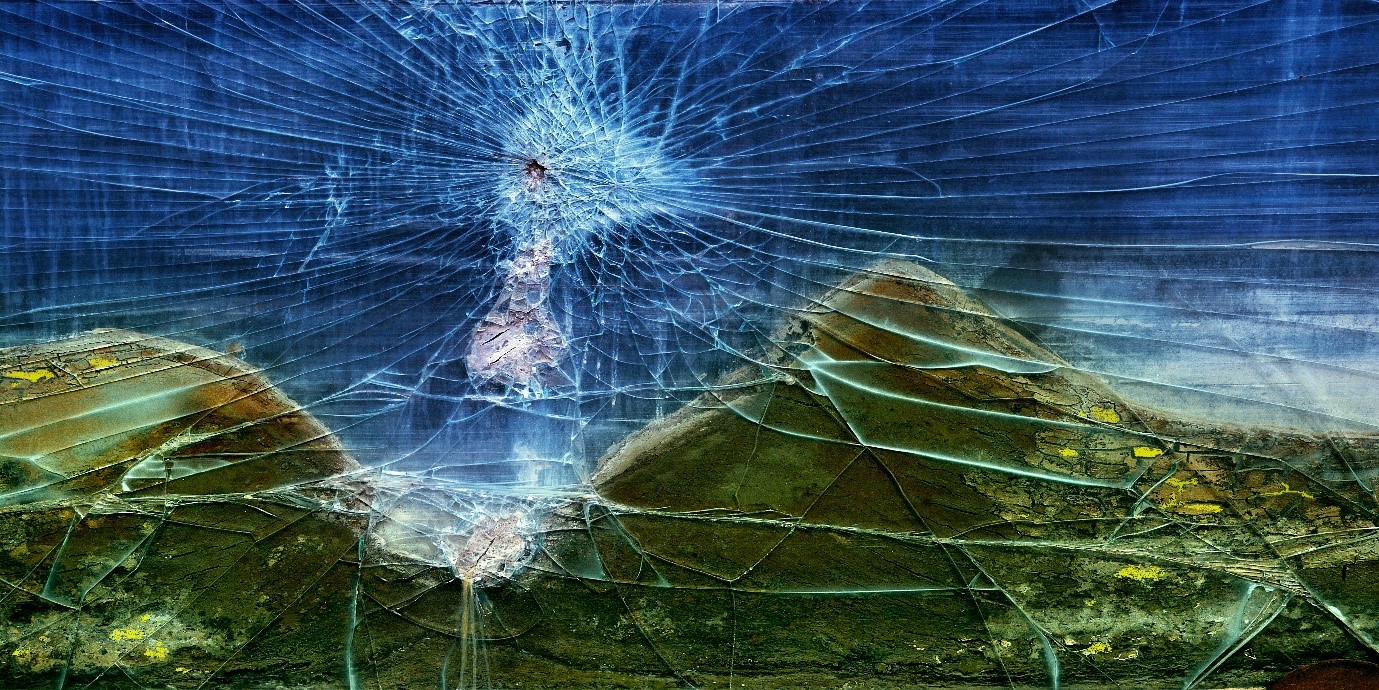
In 2008, the British Chief Medical Officer Sir Liam Donaldson estimated that 7.8 million Britons live with chronic pain. This number is ever increasing: each year over 5 million people develop chronic pain, but only two-thirds will recover. The National Pain Audit, conducted 2009-2012, demonstrated that chronic pain sufferers 'endure a very low quality of life' compared to sufferers of other conditions. Moreover, 41% of the Audit's participants felt that their local pain specialist did not help them in managing or understanding their pain. Greater understanding of chronic pain is desperately needed to improve individual experiences and broader medical practices. This one-day free workshop explicitly aims to begin this essential, challenging work.
This event brings together medics, academics, activists, and people living with chronic pain to share knowledge of the latest research into chronic pain, and discuss ways to move forward. We will examine chronic pain from three perspectives: the medical, the academic, and the political. Leading experts from the field will present short, accessible presentations of their cutting-edge research findings, and offer invaluable analyses into the structures which shape the experience of living with chronic pain in the UK today.
This workshop is designed to facilitate a dynamic dialogue between those studying chronic pain, and those living with chronic pain. As such, the workshop will close with an open forum for attendees to comment on the presentations, and to share their experiences.
The workshop will be live-tweeted, to enable those not in attendance to contribute their thoughts and questions throughout the day. The workshop hashtag is #certainpain.
![]() Download the transcript of the event
Download the transcript of the event
Sense and Sensation Seminar Series
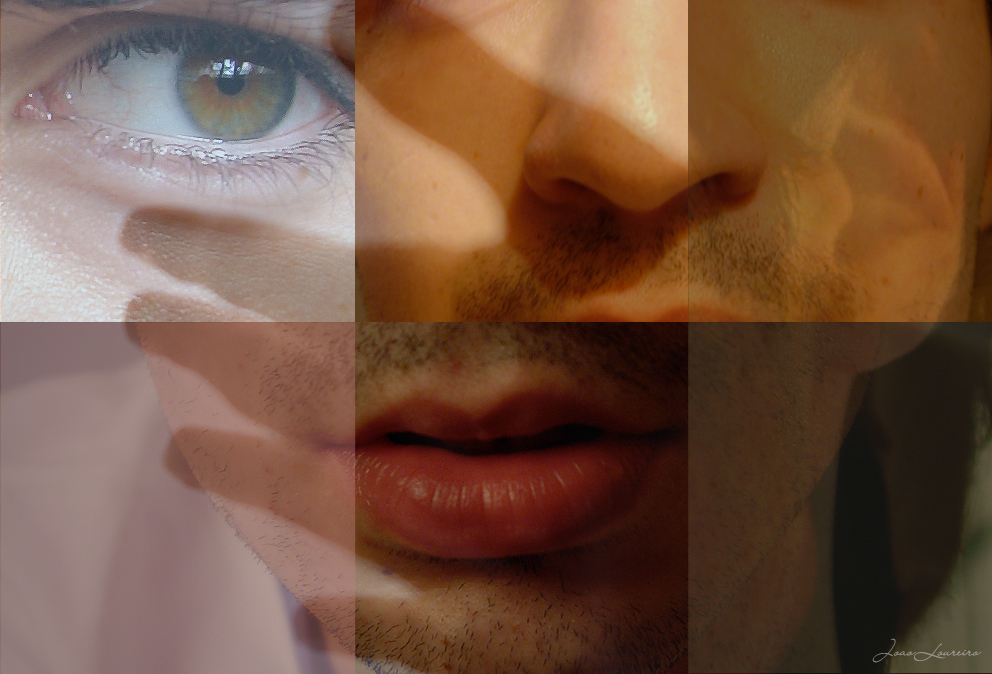
'Sense and Sensation' is one of the Institute of Advanced Studies' major research themes for 2016-2017. This seminar series, organised by the two Junior Research Fellows working on the 'Sense and Sensation' research strand, aims to stimulate a dialogue on this rich topic in UCL more generally. These sessions aim to draw together as many researchers as possible whose work contributes to the theme of 'Sense and Sensation', understood in its broadest possible formulation, from across the departments and schools at UCL.
We hope that by conducting a conversation between researchers and academics in this environment we will be able to engender debates outside our traditionally conceived disciplines, forge fruitful inter-disciplinary collaborations and enrich our understanding of how questions of 'Sense and Sensation' shape our knowledge of the world. The seminars' scholarly work will be supported by a welcoming, informal atmosphere in which all are encouraged to share their ideas. All postgraduate students, post-docs and staff are welcome.
The seminars will take place monthly during term-time at 4-6pm on the following Thursdays:
- 15 December 2016: Deborah Padfield, UCL Slade - 'Why Photography and Pain are Natural Partners'
- 19 January 2017: Vivienne Lo, UCL China Centre for Health and Humanity - 'Sense and Sensuality in Ancient China'
- 23 February 2017: Melanie Jackson and Esther Leslie (latter tbc), UCL Slade - title of paper tbc
- 16 March 2017: Tim Mathews, UCL French and Comparative Criticism - 'Critical Stories of Sense and Sensation'
- 26 May 2017: Hanna Hölling, UCL History of Art - 'Permanent Impermanence: Sensing change in Nam June Paik's technological assemblages' (IAS Seminar Room 11, First Floor, South Wing)
- 22 June 2017: Matthew Beaumont, UCL English and Urban Lab, 'The Insomniac Nights of Vincent Van Gogh' (IAS Seminar Room 11, First Floor, South Wing)
The first hour of each session will be given over to a presentation from a single contributor, and in the second we will discuss the ideas put forward more generally.
Each session will take place at the IAS Common Ground (Ground Floor, South Wing, Wilkins Building) except 26 May and 22 June 2017 (see above), with tea and coffee provided.
For more information, or if you have access requirements or other queries, please contact: Dhanveer Singh Brar and Alicia Spencer-Hall. We look forward to meeting you at the seminars!
Image credit: João Loureiro - "senses". (Via Flickr; CC BY-NC-ND 2.0)
'Sediments and Arrhythmias: race, sense and sensation' Seminar Series
Within the current conjuncture of global capitalism, how are "blackness", "brownness" and racial otherness more broadly, produced, disseminated and received across sonic, visual and textual media? How has "race" as a system of analysis been reconfigured to adequately provide a grammar for these changes? In what ways are modalities of racial otherness understood as experiential categories, cultural aesthetics, intellectual practices or sites of politics in the early twenty-first century?
The "Sediments and Arrhythmias: race, sense, sensation" seminar series at the Institute of Advanced Studies will address questions of racial difference, aesthetic mediation, haptical experience and critical reflection as they shape the spheres of intellectual, cultural and artistic production by Black and Non-black people of colour in the Global North. Using the epistemologically unstable yet highly productive intersections of optics, text, sound, thought, gesture and more, the aim of "Sediments and Arrhythmias" is to speculate on the ontologies of racial otherness as they animate and disrupt many of the affective, fleshy, social and political experiences of the world. The seminar series will be built around presentations and conversations with thinkers and artists who share a common interest in mapping out the sensory valences of racial capitalism in its current form.
Dates: 23 November*/ 14 December / 25 January / 1 March / 22 March / 31 May (all dates listed fall on Wednesdays)
Time: 5pm - 7pm
Location: Institute of Advanced Studies Common Ground, Ground Floor, South Wing, except those marked with an asterisk (*), which will take place in Seminar Room 11, First Floor, South Wing
Full list of speakers to be confirmed shortly
If you would like to contribute or require more information please contact Dhanveer Brar / Junior Research Fellow / IAS (d.brar@ucl.ac.uk)
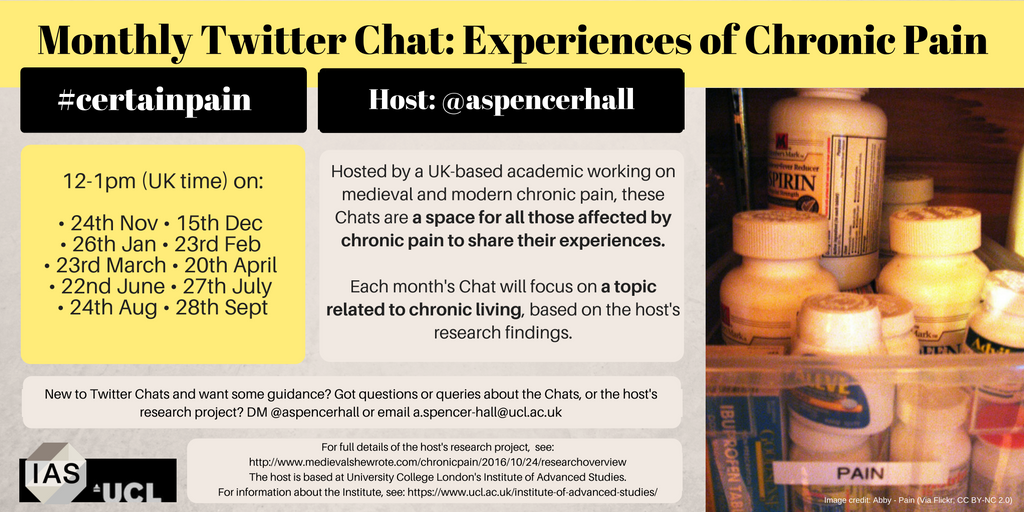
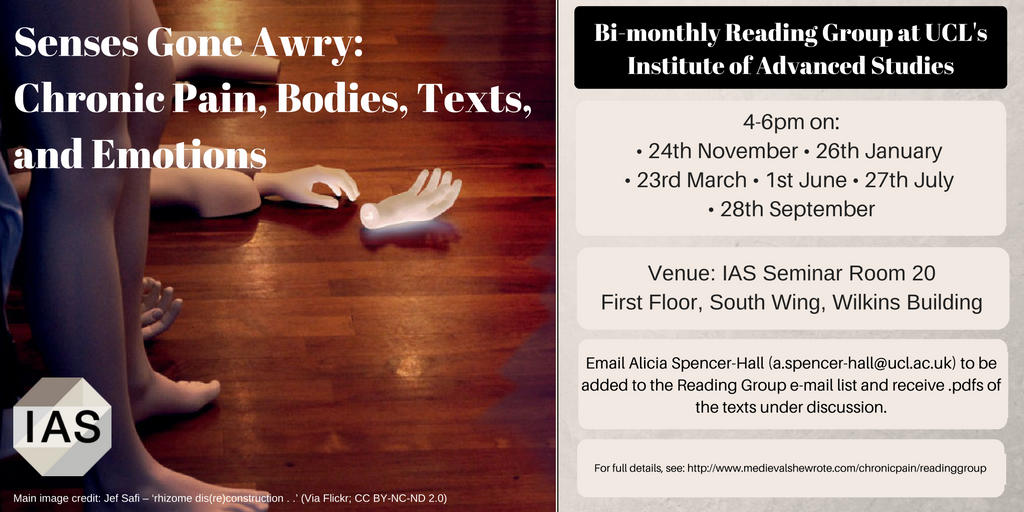
*N.B. Please note the change of room on 28 September 2017 to IAS Common Ground, Ground Floor, South Wing.*
 Close
Close


